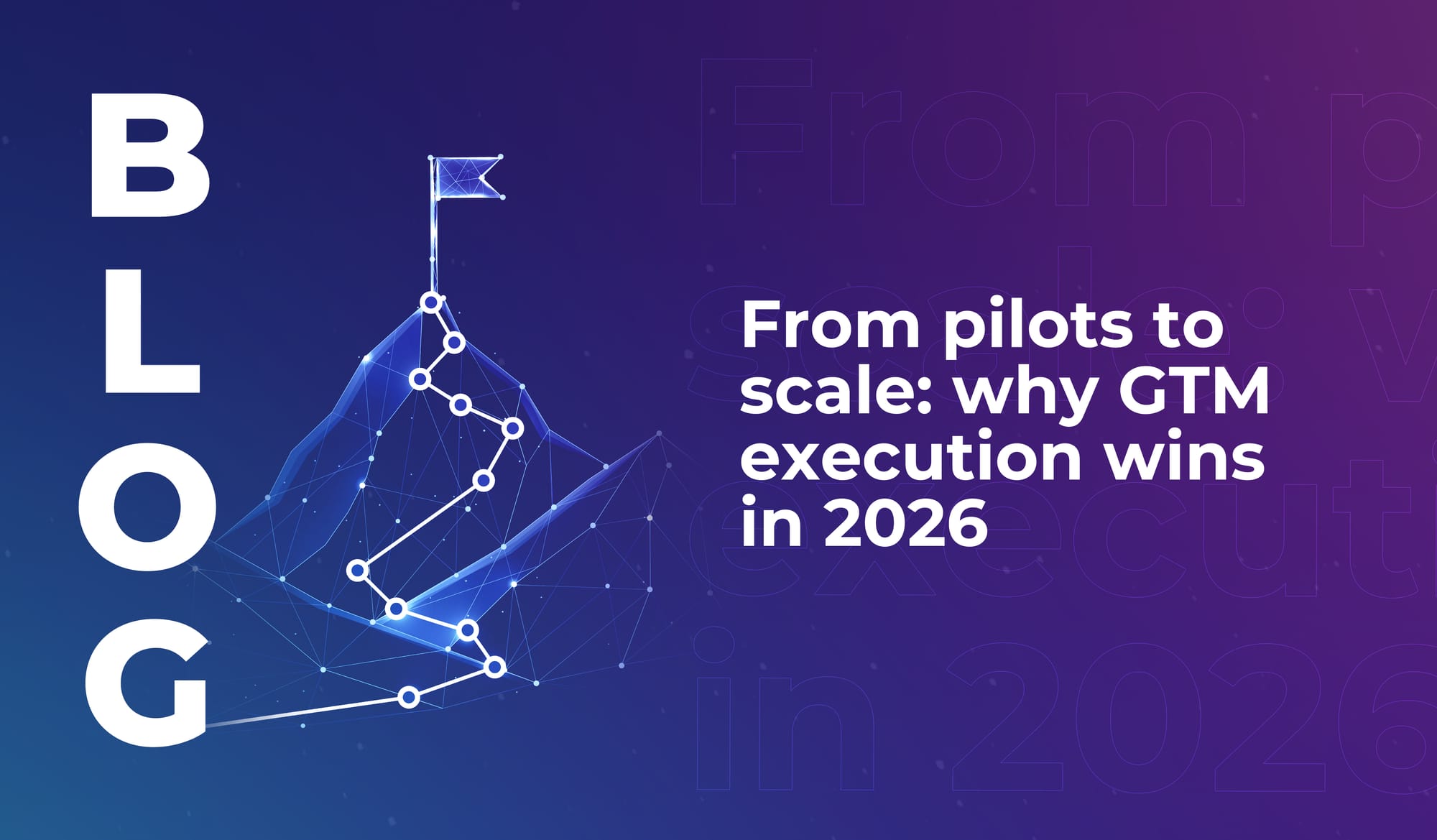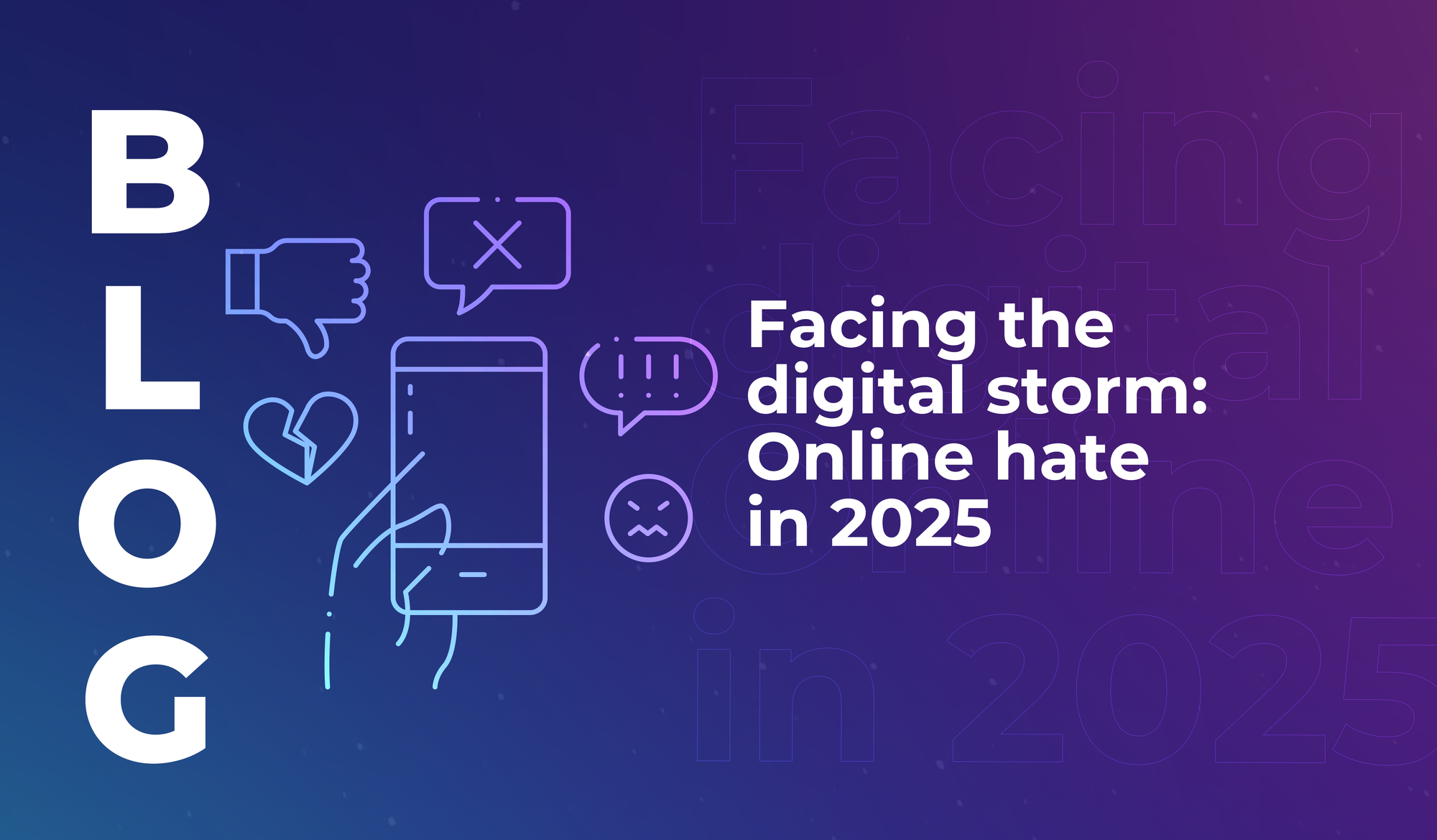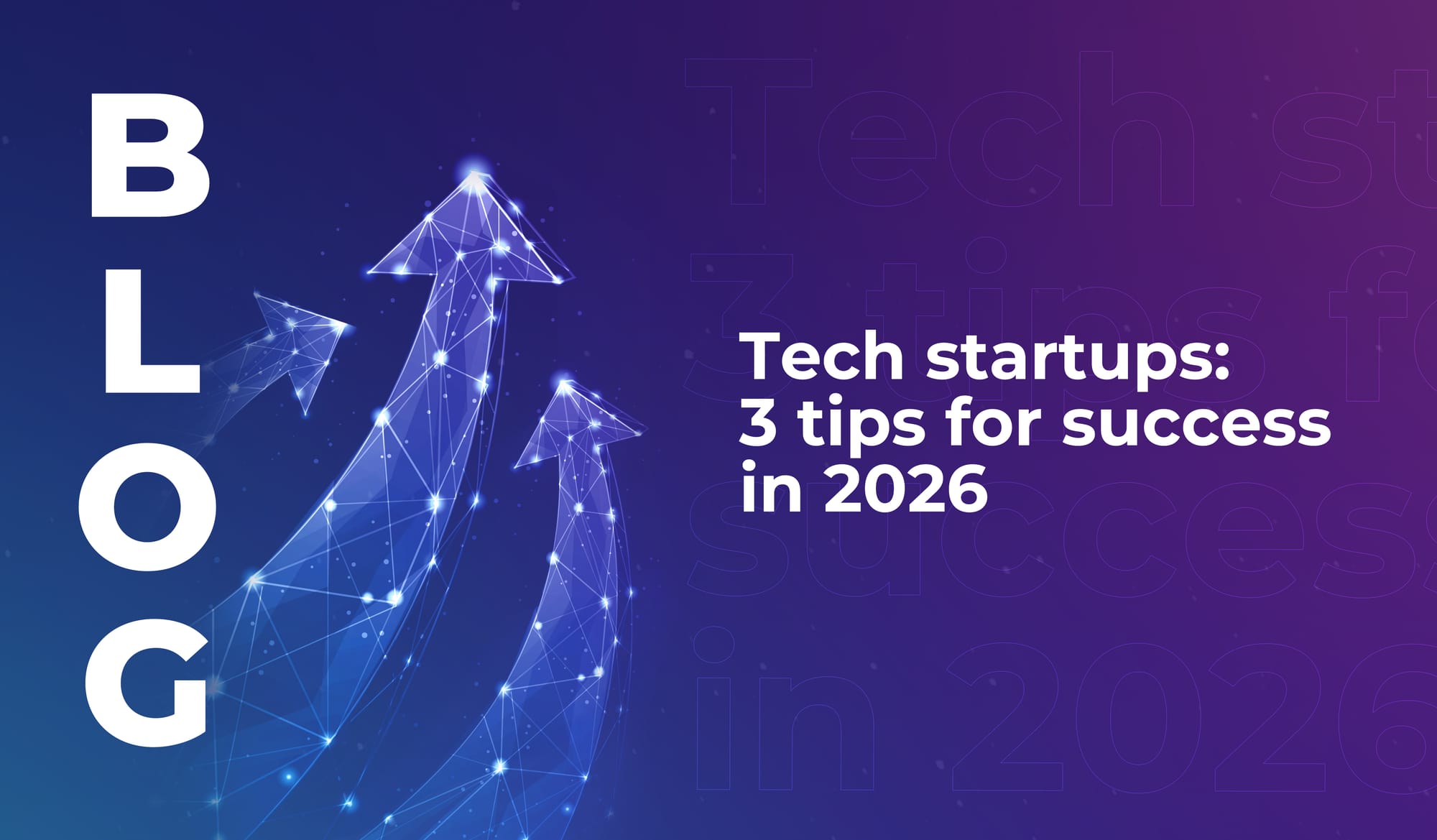
From pilots to scale: why GTM execution wins in 2026
Why 2026 is the year startups have to move beyond pilots. New research shows go-to-market execution, not demos, is the real growth advantage.


The internet is a place of contradictions. Somewhere to go for connection and creativity, but also rife with hate and harm. The surge in online bullying and abuse is more than a digital nuisance; it’s a critical social issue with serious real-world consequences.
At LEAP, we care about developing a technological future that benefits everyone. And to do that we all have to face up to the negatives – and work together to make things better.
Yes. Recent studies show a troubling increase in online hate speech. One analysis from the University of California, Berkeley, found that weekly rates of hate speech on X (formerly Twitter) rose by about 50% following the platform’s change of ownership in 2022, with elevated levels persisting until at least May 2023.
Similarly, a report by the Center for Countering Digital Hate estimates that Meta's recent moderation changes could lead to 277 million more harmful posts annually on Facebook and Instagram.
These platforms grew amidst promises to democratise communication. But they’re increasingly facing criticism for enabling the spread of hate speech and a rise in online bullying.
The impact of bullying and hate online extends far beyond the screen. A US survey by Pew Research Center, for example, found that 48% of teens believe social media has a ‘mostly negative’ effect on people their age – up from 32% in 2022.
In the UK, an OECD report signalled that 77% of 17-year-old girls experience multiple health issues, including anxiety and insomnia; with social media and cyberbullying identified as significant contributors.
More and more studies are finding that online negativity is triggering an epidemic of poor mental health. Exposure to online hate has been linked to increased levels of depression, anxiety, and self-doubt; and this growing body of evidence needs to serve as a wake-up call to all of us; because everyone has a role to play in making the internet a safe and positive experience.
Football legend and tech investor Thierry Henry has been a vocal critic of online abuse. In 2021, he quit social media, citing the "sheer volume of racism, bullying and resulting mental torture" as too toxic to ignore. At #LEAP23, Henry gave us more context for his decision:
“I was sitting at home and things were happening with the English players getting abused. [But it’s] not only athletes, people get abused regularly. I was like, what can I do? In my mind I can do very little; am I in a position to change the rules of social media? Am I in parliament? I’m not, so what can I do to make an impact?”
Henry's departure from social media was a personal stand, aiming to spark broader conversations about online hate and its consequences.
Beyond personal action, Henry collaborated with PUMA to launch ‘Highlight the Hate, Action the Love’ – a campaign under the Game of Our Lives platform. This program mobilised 2,000 UK volunteers to support individuals grappling with depression or suicidal thoughts due to cyberbullying.
The presence of people who are there to listen is, in itself, a powerful support to people who are facing digital bullying.
“What they’re doing is just being there,” Henry said of the volunteers, “that’s what you need sometimes when you’re struggling.”
Grassroots efforts like this serve as reminders that community is critical if we want to combat the pervasive issue of online hate. We have to work together, and we have to confront the issue head on – we can’t just pretend it’s not happening.
Governments and tech companies play an important role in addressing the rise of online hate. But no one can do it alone; the issue requires individuals and communities to collaborate with companies and regulators, taking action when they see hate speech, and sharing their perspectives to make sure that future solutions take diverse experiences into account.
Personal actions, like Henry’s, are valuable to raise awareness and show that support is out there. But systemic change is essential – including more robust moderation policies, the promotion of digital literacy, and mental health support systems for people affected.
Henry said:
“Vulnerability is definitely a strength. Never a weakness.”
And in embracing vulnerability to show that open dialogue is welcome, we can work to build a more compassionate digital world.

Why 2026 is the year startups have to move beyond pilots. New research shows go-to-market execution, not demos, is the real growth advantage.

Three practical, expert lessons on why startups fail – and how business models, regulation and adoption unlock real tech value.

After years of acceleration, tech is entering a more selective phase. In 2026, progress won’t be measured by how much you do – but by how clearly you choose.

Why 2026 is the year startups have to move beyond pilots. New research shows go-to-market execution, not demos, is the real growth advantage.

Three practical, expert lessons on why startups fail – and how business models, regulation and adoption unlock real tech value.

After years of acceleration, tech is entering a more selective phase. In 2026, progress won’t be measured by how much you do – but by how clearly you choose.